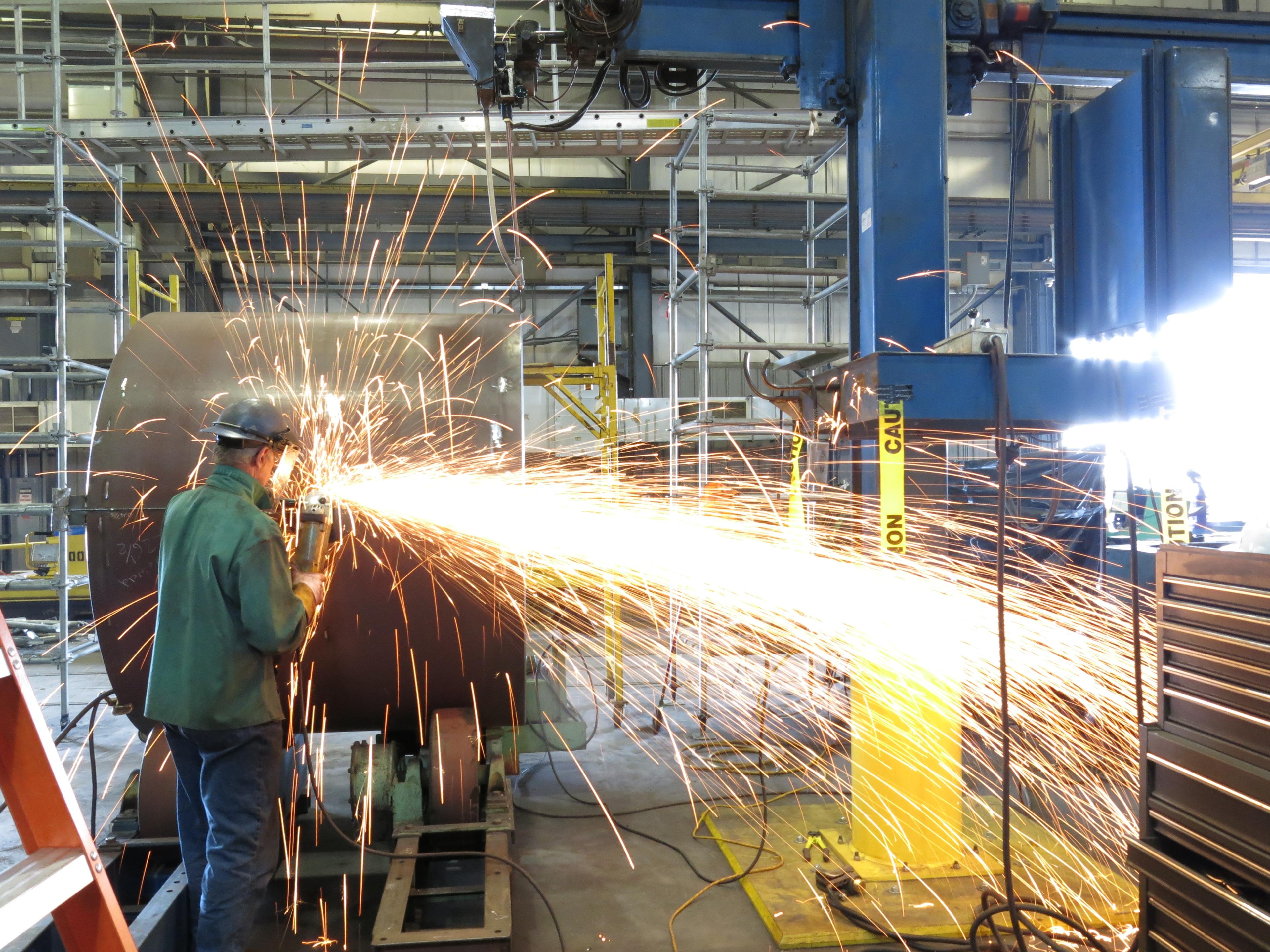
The state’s job growth is projected to decline a bit in 2020, according to a new report from the University of Colorado at Boulder.
One big reason is the fact that fewer businesses filed initial documents before the new year. Basically: A small drop in new businesses likely means fewer new employment opportunities.
The report does indicate that Colorado’s economy is still relatively healthy compared to other states. So there's little cause for concern, the report's lead researcher Brian Lewandowski with CU's Leeds School of Business said.
“When we talk about slower growth, it’s really slower growth relative to ourselves,” Lewandowski said. “We’re still a leading state nationally.”
As of December, Colorado's job growth ranked ninth in the country. In 2020, that growth rate is projected to fall under 2 percent — a threshold that the state has been above in recent years.
Another reason for the slower growth is the state's record-low unemployment rate, which recently dropped to 2.5 percent. The national rate hovered around 3.6 percent.
“We’re just sort of out of workers,” Lewandowski said. “We hear this from companies all the time that they’re having a hard time finding talent, and that’s one of the constraints when it comes to continuing to grow jobs in Colorado.”
The latest data show that 28,371 new businesses filed with the Secretary of State’s office in the last quarter of 2019. That's a 0.4 percent decline compared to the year before. The total number of business filings has dropped nearly 5 percent over the last five years.
Both Lewandowski and Colorado's Secretary of State Jena Griswold acknowledged that past trends have suggested election years are susceptible to slower job growth. However, neither said it was a direct cause.
“It’s not related to Colorado’s elections,” Griswold said. “What happens on the national level affects confidence in businesses. It affects people’s decisions whether to open a business or not."
Colorado added 56,600 jobs from December 2018 to December 2019, a 2.1 percent increase. Business and other professional sectors that require a college degree saw the largest increases in jobs, while the natural resources and mining industries had the smallest gains.
The average annual wage in Colorado sits at $60,340, about $2,100 higher than the national average, according to the report.









